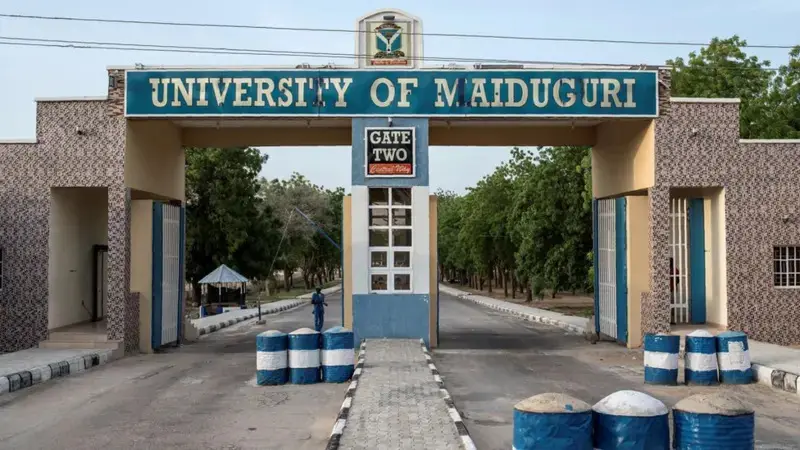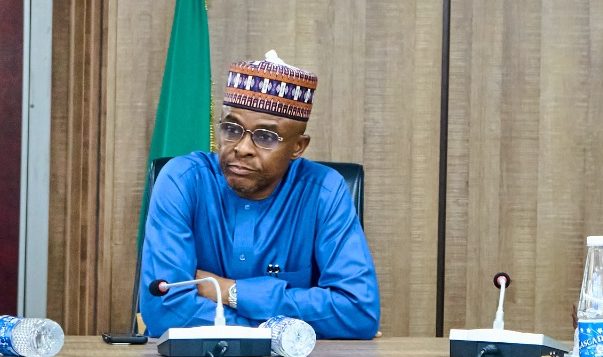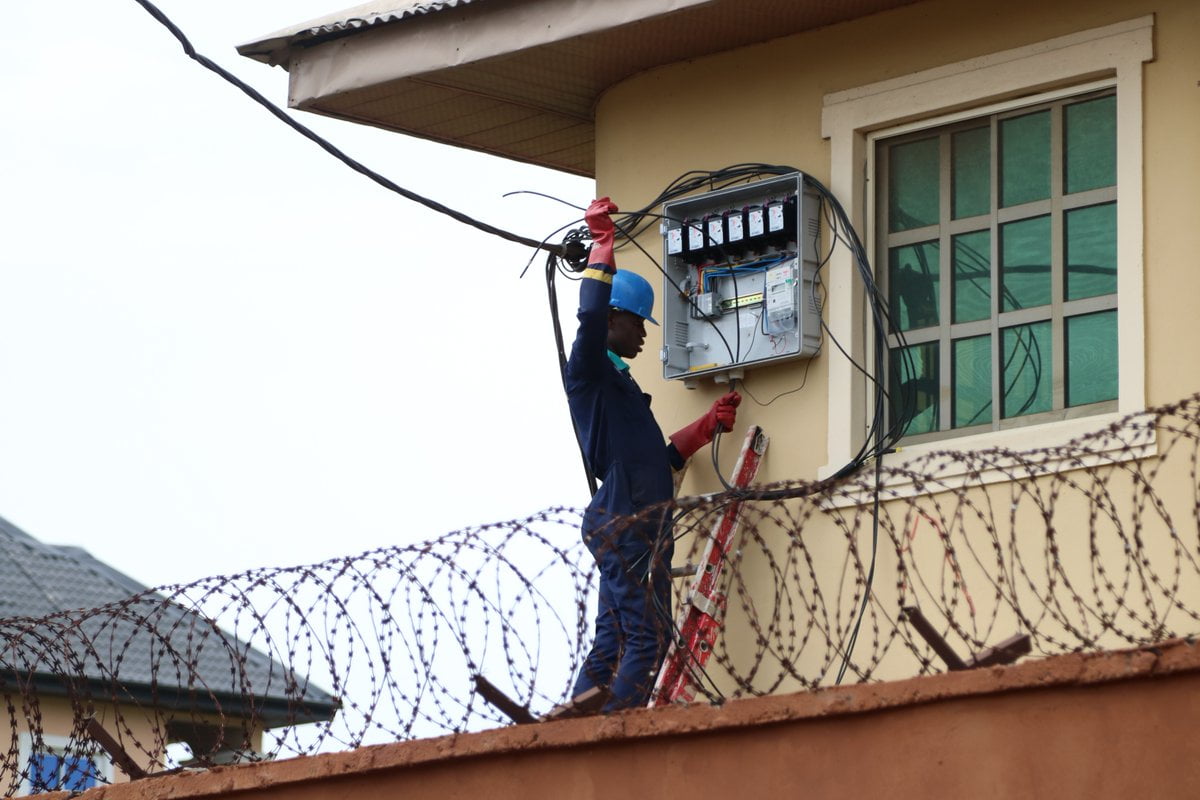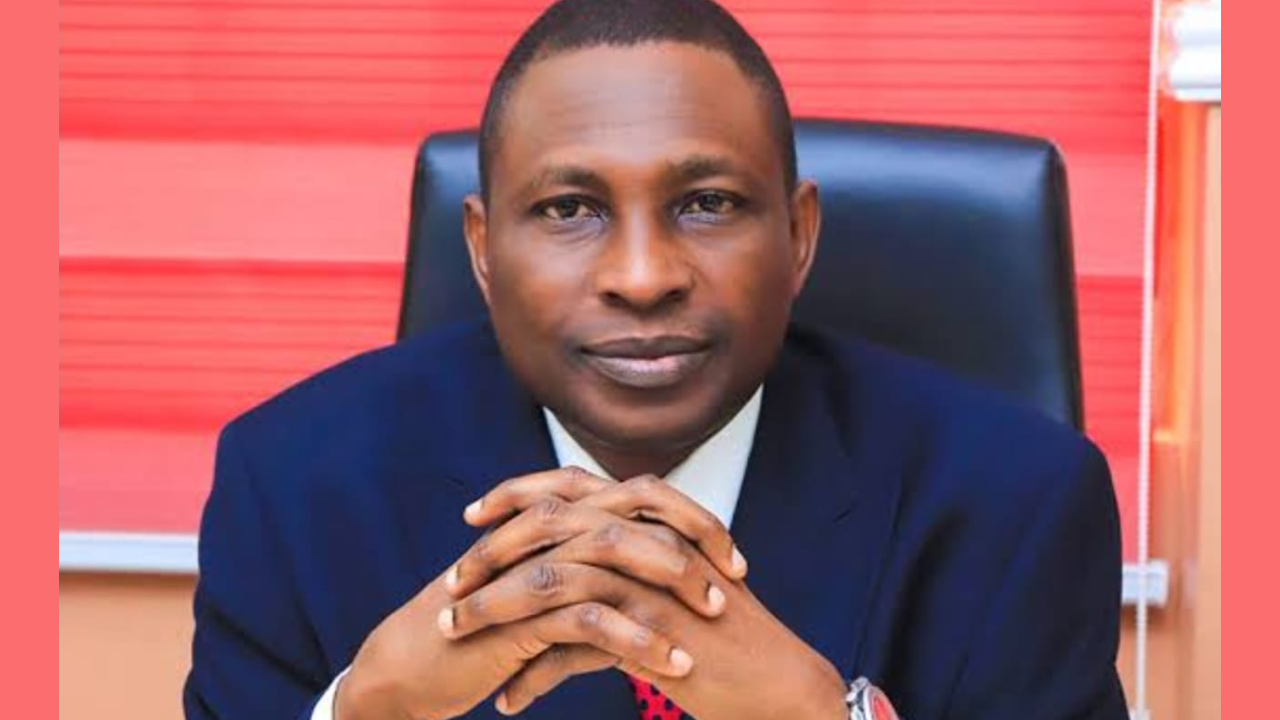A civil society organization, Human and Environmental Development Agenda, HEDA, uncharacteristically raised a false anti-corruption alarm a few days ago when it issued a statement giving the Attorney General of the Federal, Abubakar Malami, 14 days ultimatum to rescind an order recently put in place regarding management of recovered assets.
The public was recently informed that all anti-corruption agencies, including the Economic and Financial Crimes Commission (EFCC) and the Corrupt Practices and Other Related Offences Commission (ICPC), had ceased to exercise power over the management of assets recovered during or after prosecution of corrupt persons.
This was contained in a new notice: “Asset Tracing, Recovery and Management Regulations, 2019,” published as Government Notice No. 88 in the Federal Republic of Nigeria Official Gazette No. 163, Vol. 106 of 29th October 2019.
The regulation applies to illegally acquired assets and proceeds of crime by a person, corporate bodies, including financial institutions and designated non-financial institutions investigated or prosecuted under any relevant Act in Nigeria. The regulation vests the power to coordinate all inter-agencies investigation in recovery matters within and outside the country in the AGF. The AGF would also co-ordinate tracing of proceeds of crimes within and outside Nigeria.
The new rule also introduced anti-corruption safeguard in the management of the assets with Section 10 , which empowers the AGF to set up a structure for the transparent management of all final forfeited assets. This includes operating and maintaining a “centralized database for the storage of records of all recovered assets within and outside Nigeria.”
Thus, it was shocking to read the statement credited to HEDA alleging that the rule was designed to promote corruption in the management of recovered assets. If we ignore the fact belated rs esponse and the suspicions it raised, the statement itself raises plenty questions about the diligence and professionalism of HEDA.
HEDA claims the new rule amounted to “pulling the carpet off the feet of anti-corruption agencies established by Acts of parliament.” Perhaps one should remind HEDA that the rule did not withdraw the prosecutorial powers of the anti-graft agencies to go after suspected corrupt persons or institutions. Also, it bears adding that the AGF by law also executes supervisory role on these agencies. That is why the AGF could call for any case file and advise appropriately when necessary.
If supervising the powers of the anti-graft agencies had not stopped them from going after suspected corrupt persons, how can relieving them the burden of managing assets they already recovered weaken them? I struggled to understand the logic behind such reasoning; it is illogical and offends common-sense.
HEDA also posited that the new regulation was an attempt to “substitute legal democratic institutions with individual political whims and caprices.” Rather than taking this excessive legalistic view of government actions, why did HEDA chose not to see the spirit behind the regulation? Afterall, even lawyers agree that the spirit behind the drafting of a law is as important as the law itself.
Rather see it as an attempt to sabotage anti-graft agencies, is it not more reasonable to see it as a way of making those agencies more effective? Do we all not know how difficult it is to have successful prosecution of politically exposed persons suspected of corruption? Are the budgets of these agencies robust enough to help them do all they are capable of doing for the anti-corruption agenda of the President Muhammadu Buhari administration?
We all know the answers. So, are these the agencies we should continue to saddle with the task of also tracing and managing assets, many of which may be abroad, recovered from suspects and convicted persons and organizations? Since the office of the minister of justice and AGF is the supervisory government organ for the agencies, what is wrong in officially divesting them of the burden of tracing and managing seized assets? Would that not save these agencies a lot of money that could have been spent on managing those assets?
HEDA eventually fired the same shot that had been aimed at the AGF by some of HEDA’s friend. The statement advised the AGF not to give the impression that his office “is desperate to take sides with corrupt officials and institutions.” It is not the first time some self-appointed critics have taking aim at Malami, whenever the opportunity presents itself. These so-called critics had wrongly interpreted Malami’s actions in the past, and had always been quick to attribute ulterior motives.
This statement is nothing different. No public official should bother himself about critics who jump to conclusions without evidence. Those are not critics; they’re hatchet men who want to bring people down. How does managing seized assets translate to siding with corrupt officials or institutions? Would the AGF return the assets to their owners? Or would he cut a deal that would make the owners escape prosecution or jail?
I’m sorry. I’m not a lawyer. But HEDA’s statement has raised many questions, which include a query on who it is working for? If it is an organization truly working for development, the statement in reference say otherwise. Organizations working for progress in their countries must offer constructive suggestions to improve government institutions and policies and not issue flimsy ultimatums on very critical issues.
The chairman of HEDA, Olanrewaju Suraju is someone I believe is credible. But I do not know whether he read the statement said to have been signed by him. If he did, perhaps he acted on perception rather than reality.
The statement further said HEDA had the mandate to promote the interest of the public, and that was why it issued a 14-Day ultimatum for the withdrawal of the new regulation. It said it would go to court if the request is not granted. I do not thing HEDA is concerned about public interest in this case. The timing and content of the statement it issued indicate a different agenda. No one concerned about public welfare and the progress of this country would doubt the spirit of the new regulation on assets.
Let HEDA go to court or storm the streets, it would meet other Nigerians waiting for it.
Taiwo Odulana is a retired civil servants, and writes from Lagos







































Leave a comment